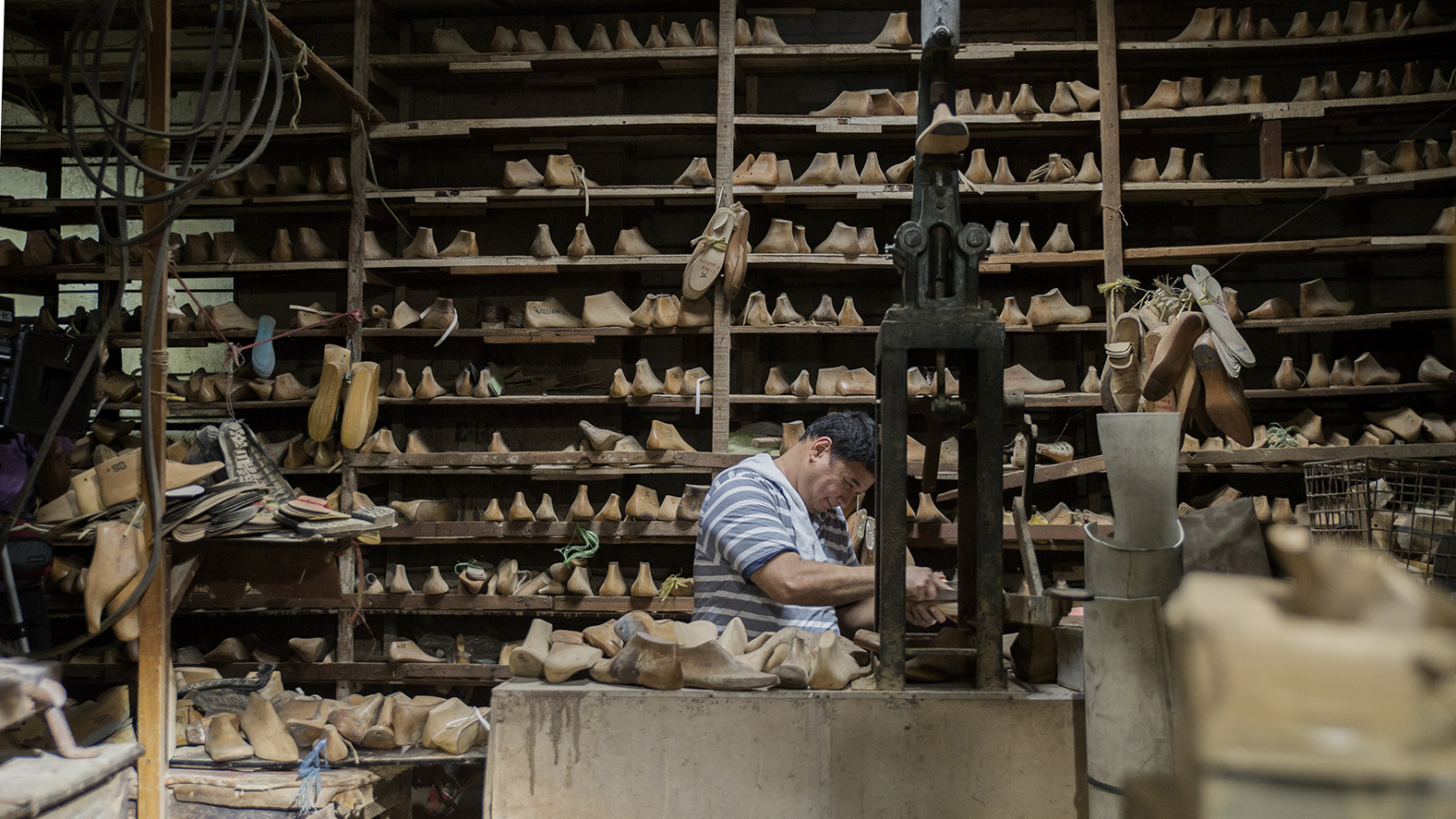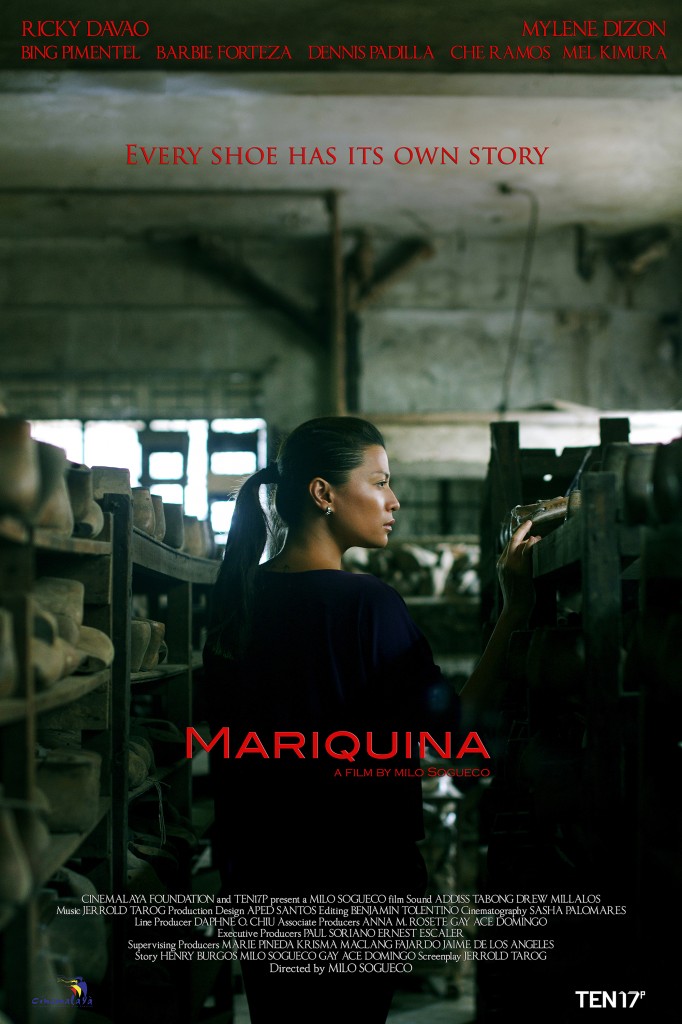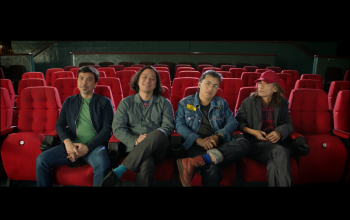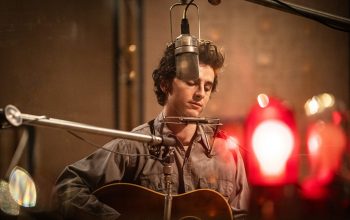Jerrold Tarog’s ingenious work in last year’s Cinemalaya-entry Sana Dati distinguishes him as a man of fine, filmic talent: his film, closing the famed Camera Trilogy (sided with Confessional and Mangatyanan), is about acceptance and closure; yet it goes in all sorts of direction, transforming a simple romantic tale into an intricate web of chance and possibilities. From here roots my ceaseless admiration for the writer-director Tarog, who this year writes the script of the Milo Sogueco-directed entry Mariquina — a film exploring familiar dramatic terrains, yet remains a captivating tale of change.
It is the type of film that does not entirely tell its story thru what is being spoken: in Ricky Davao’s felt portrayal of shoemaker Romeo Guevarra, his gestures tell more for him. A small flicker in his eye makes a much bigger impact: an act of submission? Retreat? Surrender? As one author wrote: “You start to worry, then you start to get it, then you know. Maybe you don’t want to, maybe you think that lovers as well as doctors misdiagnose shit all the time, but in your heart you know.” Romeo knew, indeed, and resolved not to ask his wife (Che Ramos) for any more reason. Some things are well-beyond reasoning, Romeo knew. It would be pulsing your milkshake with the blender lid off.
Caught in a distress alien to her, Romeo’s daughter Imelda Guevarra (Barbie Forteza) — as the same author wrote – “had no scale by which to judge this,” it was her being young. In essence a coming-of-age story, the film employs a framework familiar to those who have had the chance to watch Tarog’s Sana Dati: a pair of shoes is again sought, but here they are not baggage to leave behind; they are memories embraced and held on to.
Record memories of your life with only THE BEST.
Many years after the dent that broke her family in half, Imelda, now portrayed by Maylene Dizon, begins her search for this pair of shoes. She will not find it, that much is for certain. It is in the river where her father took his life. In her search, she finds instead everything that has changed in her life, the city in-sync with this change. Dizon has a quiet intensity about her, yet she handles the film’s sudden jabs of humor in its intense, dramatic scenes. But of all, it is Forteza that proved the film’s greatest discovery, stripping off her tween-serye acting in an impressively subdued performance she gives here.
Set to sensitive strums in Tarog’s gentle score, Mariquina loops around the city, tracing back its history captured by a family and the phantoms that haunt them. The River that once entertained boats; the family’s warehouse, spacious and vast. Even the technical details of production play a pivotal role in telling its story.






One thought on “Mariquina”
Comments are closed.